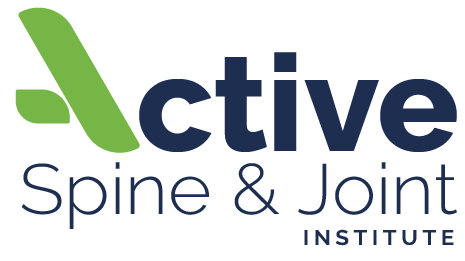Easy High-Protein Breakfasts: The most important meal of the day
Getting enough protein in your diet is important for good health, but it can be challenging when you're eating breakfast as most breakfast options are carb-heavy (thinking donuts, toast, cereal). After all, most of us aren't going to sit down to a steak and eggs with our morning coffee. Fortunately, there are plenty of protein-packed breakfast ideas that are quick and easy to prepare that will keep you feeling full throughout the morning!
The ideal amount of protein at breakfast is about 30 grams, according to a 2018 review by nutrition researchers at Purdue University. However, registered dietitians say that 15 to 20 grams at breakfast is a good goal for weight loss and hunger management.
The egg is a staple of the high-protein breakfast, but you can have them with a variety of toppings.
Eggs are a great source of protein and can be used in a variety of ways. They're also an excellent source of vitamins, minerals, and other nutrients. Eggs can be paired with a number of veggies like peppers, onions, mushrooms, spinach, tomatoes, and salsa! Eggs have about 6g of protein – so you can pair them with other high-protein foods like turkey bacon or turkey sausage, or a high-protein yogurt with berries.
Protein shakes and smoothies are a quick and easy way to add more protein to your breakfast routine.
They're also a great way to clean out the fridge and make sure that everything gets eaten, rather than ending up in the trash or compost pile. You can make protein shakes with any type of milk or milk substitute (soy milk, oat milk, almond milk), and you can use plain Greek yogurt. You can add any type of protein powder if you want-- but we recommend WheyCool™ or Organic PurePea™ They can be made with any combination of fruit and/or vegetables, and they're a great way to get a lot of nutrients in a small amount of food. Smoothies are also easy to make at home or on the go with portable blenders.
You can make protein pancakes ahead of time and freeze them for quick breakfasts later on.
This is a great way to save time, as you won't have to worry about the hassle of making breakfast every morning! There are many options out there for protein-rich pancakes. We like the Kodiak Cake brand the best for a quick and easy option (available in a mix or frozen) or making them from scratch with protein powder, oats, bananas, eggs, and milk. Serve with fresh fruit and a side of turkey bacon to keep you feeling fuller, and longer.
Quinoa makes a wonderful base for breakfast bowls that are packed with protein.
Quinoa makes a wonderful base for breakfast bowls that are packed with protein. This grain offers a good source of protein, fiber, and minerals like magnesium, iron, and zinc. It's also gluten-free! Adding quinoa to your morning meal will help keep you feeling full longer than other grains or cereals would do on their own. So, if you're looking for something quick and easy but still want something nutritious for breakfast that won't leave you hungry an hour or two after eating it...quinoa bowls are right up your alley!
If you're looking for ways to eat more protein for breakfast, these ideas will give you an easy start!
Protein is important for health. It helps build muscle and keeps our bodies strong by supporting the immune system and repairing tissue damage.
Protein can help you lose weight by keeping you full longer than other foods--and it may even prevent overeating later in the day!
High protein, low sugar breakfasts are incredibly important for anyone that has diabetes or insulin resistance.
It may also reduce hunger pangs caused by eating too many carbohydrates--which means fewer sugar cravings!
We hope that these ideas have given you some inspiration for eating more protein at breakfast time. If you're looking for more ideas, check out our other articles on high-protein foods and recipes, and be sure to follow us on Instagram and Facebook where we will be sharing some of our favorite recipes!
Source: A Review of the Evidence Surrounding the Effects of Breakfast Consumption on Mechanisms of Weight Management https://pubmed.ncbi.nlm.nih.gov/30204837/

